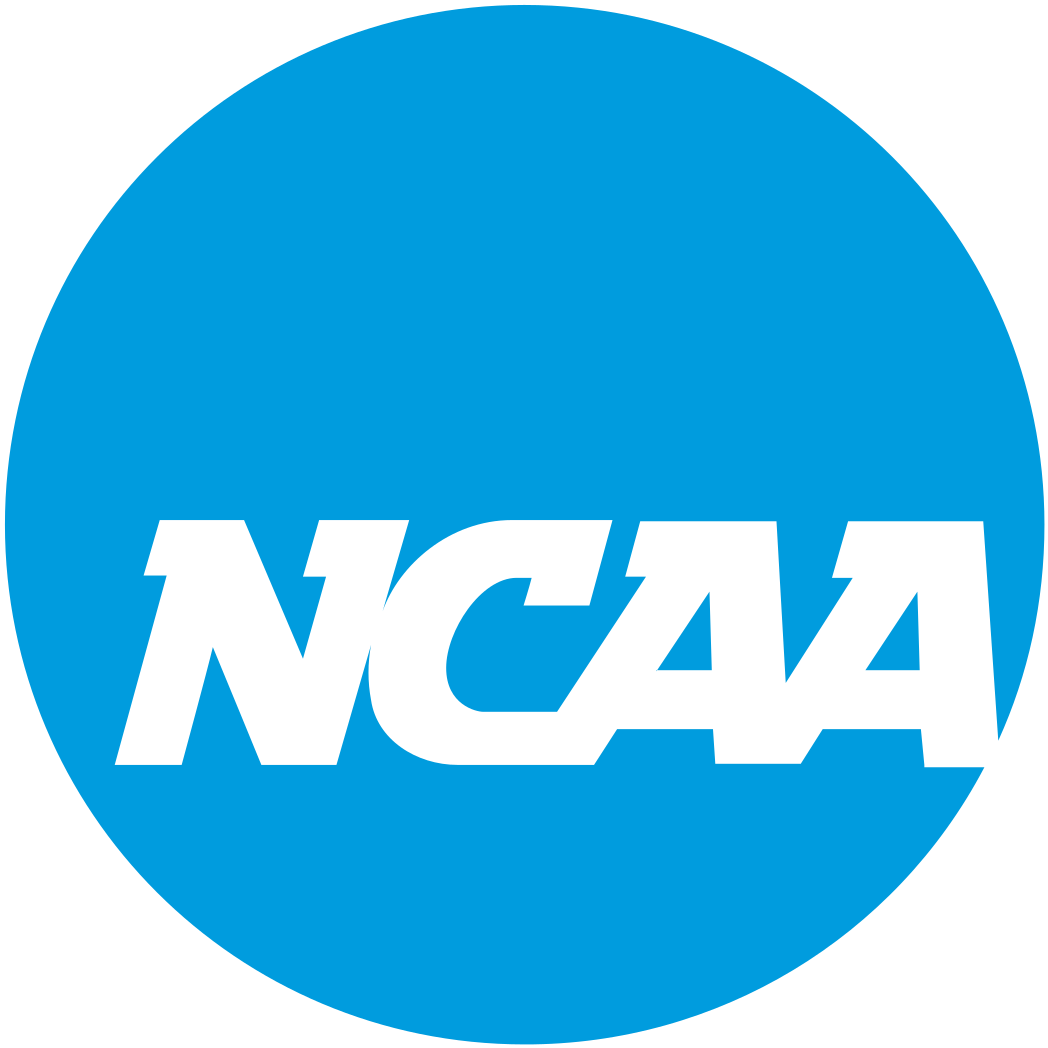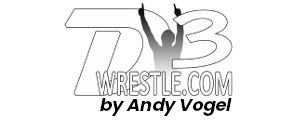NCAA Rules Proposals

Proposal would let wrestlers compete in shorts
The NCAA makes wrestling rule changes every other year. In non-rules years, only clarifications and interpretations can be made (e.g., hands to the face clarification this season). For 2019-2020, a new rule book will be published. Here are the proposed changes. They will only go into effect if they are approved by the NCAA Playing Rules Oversight Panel. Most rules changes get approved by the panel, but not all. For example, in 2017, the proposal to eliminate headgear as a requirement was voted down by PROP.
- A third uniform option of a tight shirt and loose shorts would be permitted. This would match what is allowed in high school.
- Eliminate the rule setting a maximum hair length.
- Failed video challenge will result in a stalling call assessed against challenging wrestler.
- Medical forfeits will count as a loss for forfeiting wrestler.
- Standard 2 hour weigh in for all events. Currently, dual meets and the second day of a tournament is 1 hour, while the first day of a tournament is 2 hours.
- Sauna rules clarified to only apply during the NCAA season.
- Change stalling from warning-1-1-1-DQ to warning 1-1-2-DQ.
- Reclassify the hands to face penalty from unnecessary roughness to an illegal hold. From the release: Rules for illegal holds indicate that “whenever possible, illegal holds should be prevented rather than called.” This would provide referees more flexibility to use verbal cues, issue formal warnings and/or stop the action as “potentially dangerous” before calling an illegal hold.
A few quick thoughts about these proposals:
- The medical forfeit rule change seems like an overreaction to the singular example of forfeits at the Big Ten Championships and the subsequent effect on the NCAA DI seeding formula. DIII seeding will likely not change, as the division does not use a rigid formula to seed. The coaches on the seeding committee are unlikely to view a medical forfeit as a loss for seeding purposes, even if it counts on a wrestler’s record.
- Assigning a stalling call for a failed challenge penalizes a wrestler for a non-wrestling action that he has no control over. In college wrestling, once the coach throws the brick, the challenge is used. In international styles, the athlete has the chance to confirm or deny the challenge and thus has final say as to whether or not he is in danger of a penalty. If the goal is the reduce “frivolous” challenges, then frivolous should be defined and perhaps what is actually able to be challenged should be more restricted. If the goal is the reduce challenges overall, then reduce the number of challenges available.
- Increasing dual meet weigh-ins from one to two hours could result in more missed class time. Also, it will require teams to move weekend departure times even earlier in the morning, as most DIII teams do not stay overnight for most trips. Maybe it is a worthwhile change, but these are things to consider.
- The adjustment for hands to the face is inelegant, but it seems like it will accomplish the goal of allowing some official discretion in handing out warnings. If this passes, the real thing to pay attention to is the interpretation from Rules Interpreter Chuck Barbee as the season gets closer. “Whenever possible, illegal holds should be prevented rather than called.” It is unclear how this could be applied to a hands to the face situation, but it is also worth deferring judgement until the exact wording and interpretation are released.
